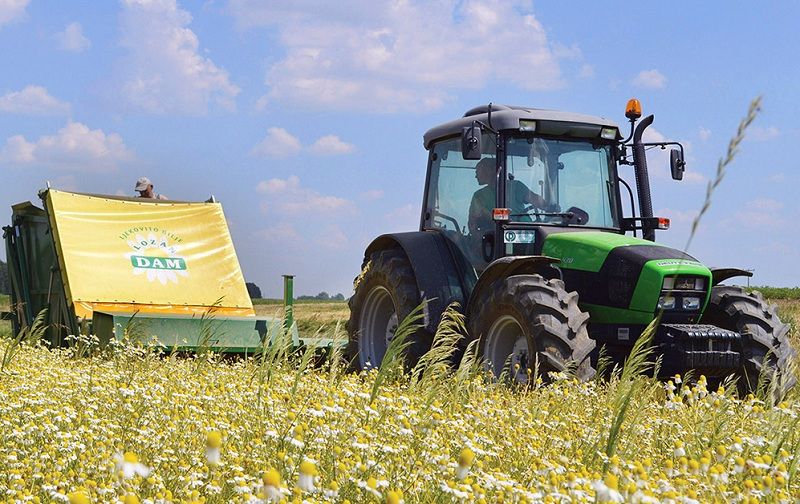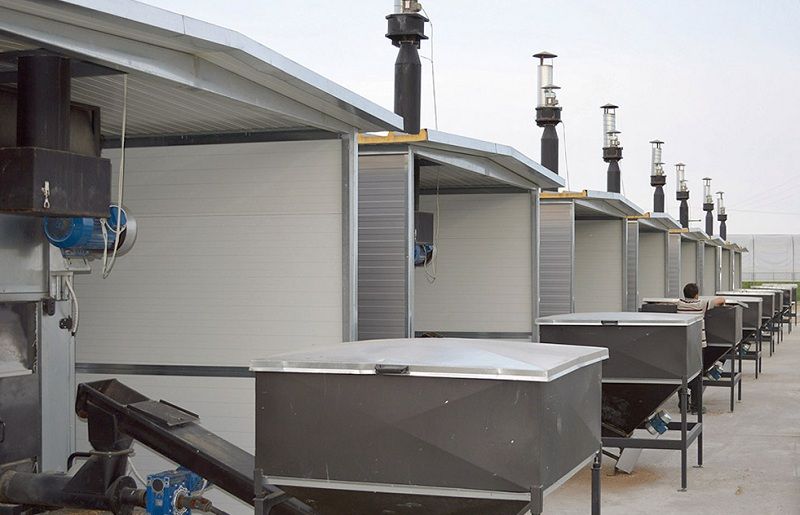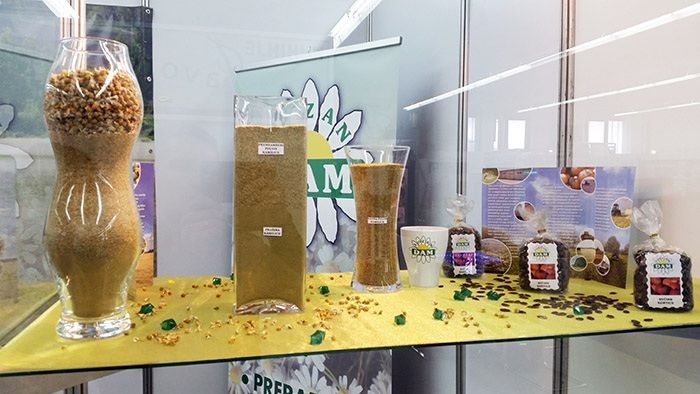It is 20 years since the then Croatian Chamber of Commerce initiated the ‘Let’s Buy Croatian’ campaign. Continuing our look at some of Croatia’s domestic production, meet the King of Chamomile.
There aren’t many things in which Croatia is at the top of the world. However, it is the first in the world when it comes to the production of high-quality chamomile, and this is partly the result of the efforts by the Mareković family from Lozan near Virovitica.
Their company, Dam, was founded in 1998 and has since been developing excellence, creativity and focus on the medicinal herbs production, with a particular emphasis on chamomile, which has rightfully received the Croatian Quality label from the Croatian Chamber of Economy.
The six members of the family are conquering the world with their products. They have the most extensive chamomile processing complex in Europe, which is why Marijan Mareković, the family patriarch, is often called the “Croatian king of chamomile”. He started producing medicinal herbs in 1998, with just 20 hectares of land. Today, the family produces herbs on 400 hectares of their property, in addition to 600 hectares owned by farmers with whom they cooperate.
In addition to Croatia, Dam is very successful in international markets as well, with 95 percent of production being sold abroad. Chamomile is of exceptionally high quality, which enables export competitiveness. Most of the revenues are generated through the export of processed medicinal herbs as tea-making raw material.

The company represents a family success, since all members do their part, from wife Marijana and a son, who graduated in agribusiness and rural development, to a daughter who is a management student in Virovitica, a son-in-law, a future daughter-in-law, and other members. “I am following in the footsteps of my family, my mom and dad. I am happy that I started so young,” said Martina Tkalčec. In total, they have about 40 employees.
Dam’s processing facilities include plants which separately process conventional and organic chamomile. The company is currently developing a strategy for the application of new technologies for processing of medicinal herbs, aimed at modernising existing production processes and further designing products according to customer requirements.

To be successful, Mareković is continually investing in innovation, technology, process improvements, market research and his employees. He uses improved seeds which have been developed in co-operation with the Faculty of Agriculture in Zagreb and the Bio Future company. “We believe that these seeds will increase the quality of essential oils in chamomile flowers, which is, in addition to the quantity, the most important element in the production,” said Mareković.
The production complex includes a number of dryers. The capacity of each is between 500 and 600 kilograms of chamomile, and the process takes some 36 hours. The drying rate at a defined temperature is crucial for the preservation of essential oils, so drying is the most critical part of the production process. One dryer costs 18,000 euros, but such significant investment is worth the money since dryers use wood from a forest owned by Mareković himself. The biomass is 20 to 30 percent cheaper than gas.
“With regards to the organisation of production processes, application of technology and collaboration with science, Dam is certainly one of the best examples in the Croatian agriculture industry,” said professor Ivan Kolak from the Faculty of Agronomy. According to professor Kolak, the company should be a role model for other producers who have not integrated all the production phases. The Mareković family has managed to complete the whole production process in just 16 years, from sowing chamomile to the export of dried flowers.
The company produces herbs in a controlled and safe manner, with quality guaranteed by the HACCP quality system, the ISO 9001:2008 standard introduced in 2008, and the GLOBAL G.A.P. system launched in 2015.

“Our primary competitors are Egypt and Argentina. In the European Union, major producers are Poland and Bulgaria, and parts of Hungary. Germany has also recently started subsidising the production of chamomile,” explained Mareković, although he did not appear worried, knowing that by respecting the rules with regards to quality, competitive pricing and deadlines, nothing should go wrong.
He is currently planning to expand to cultivating nettles. Although it is found almost everywhere in nature, nettle is a plant which is very hard to grow. Still, Mareković is determined to succeed because it is a very sought-after plant due to its medicinal properties, which makes it quite profitable as well.
To learn more







